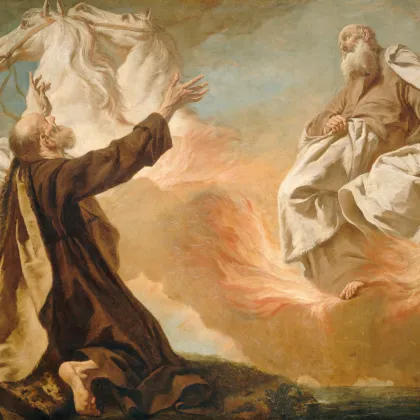The Prophecy of Malachi – Part 3, Universalism Rebuked

The Prophecy of Malachi – Part 3, Universalism Rebuked
In the opening verses of the prophet Malachi we see that Jacob and Esau are compared in an allegorical dialogue where Jacob is told that he is loved, and in turn he asks why while expressing a greater concern for Esau. We have asserted that this is prophetic of the very times in which we live, where Christians of European heritage, who are for the most part descended from the ancient Israelites, typically show greater concern for the accursed Edomite Jews than they do for their own people.
That is the transcendental, or far-vision fulfillment of this prophecy, as we have before described of the prophets of the Bible that many of their prophecies have a dual fulfillment, one for the closer future of the time of the prophet, and one for the distant future. We hope to have most clearly illustrated this phenomenon of prophecy in our commentary on the prophet Zechariah.
However, in order to set the stage for the ultimate fulfillment of this prophecy, which today is right before our very eyes, there must have been an earlier and more immediate fulfillment. But the immediate fulfillment has a history which is not so clear, since perhaps as many as 300 years after the prophet had written these words, the remnant of Judah in Jerusalem thought it fitting to forcibly convert all of the Edomites in Palestine to their own religion, circumcising them and converting them into what had became known as Judaism. The Edomite King Herod later built many great cities throughout Palestine, and that seems to represent an immediate, albeit incomplete, fulfillment of the prophecy. However if the Edomites had not been infiltrating into or converting to Judaism, the later end of this prophecy we cannot imagine happening as it is before our very eyes, materializing in what we have termed as Christian Zionism.






 Please click here for our mailing list sign-up page.
Please click here for our mailing list sign-up page.







